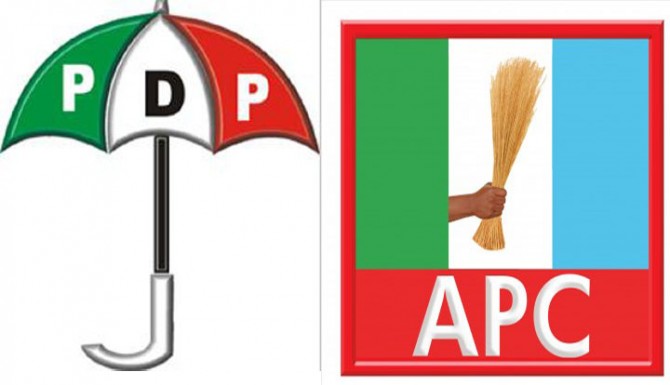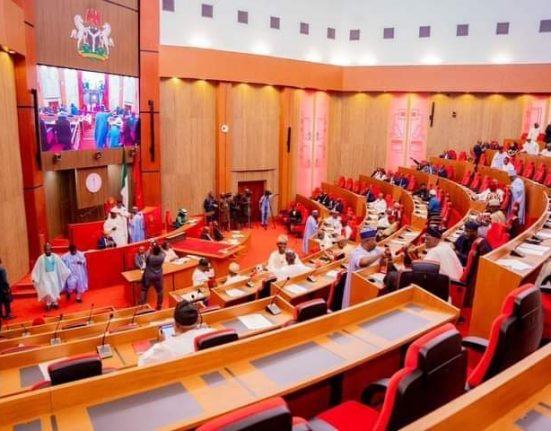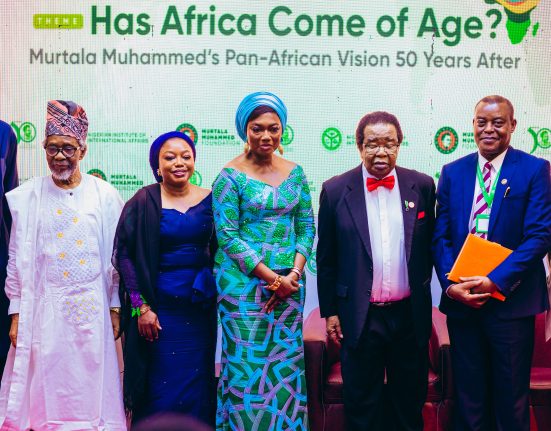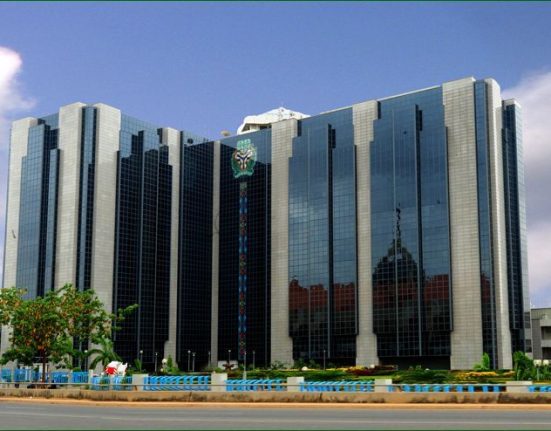The South-South region, once considered an impregnable stronghold of the Peoples Democratic Party (PDP), is witnessing a dramatic political shift as several governors have dumped the party for the All Progressives Congress (APC). The wave of defections has not only redrawn the political map of the oil-rich states but also unsettled long-established loyalties between governors and their political godfathers.
Since 1999, the PDP had dominated the region’s politics, controlling almost every state. But beginning in 2020, when former Cross River governor Ben Ayade crossed over to the APC, cracks began to appear. By 2025, the movement reached a climax with defections in Akwa Ibom, Delta, and other states, sparking debates over betrayal, strategy, and survival ahead of the 2027 elections.
Governor Umo Eno’s defection on June 6, 2025, was one of the biggest political shocks in Akwa Ibom. Installed in 2023 by former governor Udom Emmanuel, who had defied Senate President Godswill Akpabio to push him into office, Eno was expected to remain firmly within Emmanuel’s camp. Instead, he chose to realign with Akpabio, describing him as the “driver on the expressway” who could steer the state without traffic or potholes.
The move has been widely interpreted as a snub to Emmanuel, who still leads the PDP in the state. While Emmanuel has avoided direct confrontation, stating through his media aide that he prefers to give the sitting governor a free hand, his allies, including Commissioner Ini Ememobong, have resisted the new arrangement. The development leaves Akwa Ibom’s PDP struggling to reorganize itself ahead of the party’s national convention later this year.
If Akwa Ibom’s switch rattled observers, the situation in Delta was nothing short of a political earthquake. In April 2025, Governor Sheriff Oborevwori, backed by his predecessor Ifeanyi Okowa, led an unprecedented exodus of state leaders, commissioners, and lawmakers into the APC. President Bola Tinubu hailed the development as a “political tsunami” never before seen in the South-South.
Okowa explained that the defection was a strategic move to “connect Delta to Abuja” and ensure that the state had easier access to federal resources. The governor himself echoed that it was not an attempt to destroy the PDP but a bid to reposition the Delta for progress. Still, the opposition party was quick to push back, threatening legal action and accusing Oborevwori and his allies of betraying the mandate they secured under PDP.
Interestingly, the defection also brought former governor Emmanuel Uduaghan back into the APC fold. Having moved between both parties over the years, Uduaghan expressed full support for the governor and returned with his daughter, who holds a commissioner role in the state cabinet. The once-united Ibori political family now appears divided, even as Chief James Ibori himself maintains a studied silence, observing the developments from the sidelines.
Futhermore Cross River’s troubles with the PDP date back to May 2020, when then-governor Ben Ayade abandoned the party. His departure came after a bitter fallout with his predecessor, Senator Liyel Imoke, who had handpicked him as governor. The collapse of their alliance weakened the PDP’s grip and fueled a wave of defections, as Ayade carried thousands of loyalists into the APC under his populist “Food on the Table” policy.
That fracture continues to haunt the PDP in the state. Imoke, now leading the African Democratic Congress (ADC) alongside Senator Gershom Bassey, has vowed to use his influence to topple Ayade’s successor in 2027. Their rivalry, though often quiet, has defined Cross River’s politics for half a decade and remains a central obstacle to PDP’s revival.
Across the South-South, the story is the same: loyalties are shifting, old alliances are breaking down, and the PDP’s dominance is eroding at a faster pace than anyone imagined a decade ago. What was once a bloc that delivered near-total control for the party has now become contested territory, with the APC making strong inroads and the ADC emerging as a third force in some states.
As the 2027 elections draw nearer, the defections are expected to reshape not just state politics but also the national balance of power. For many of the defectors, aligning with the ruling APC is seen as both a survival strategy and a pathway to influence. For their godfathers and estranged political mentors, however, it is a painful reminder of how fragile political loyalty has become in Nigeria’s evolving democracy.








